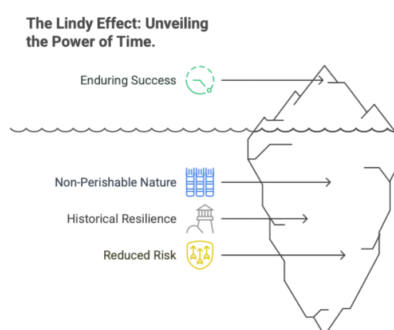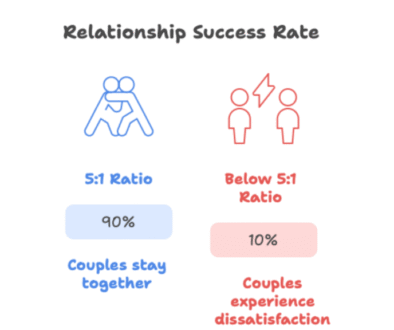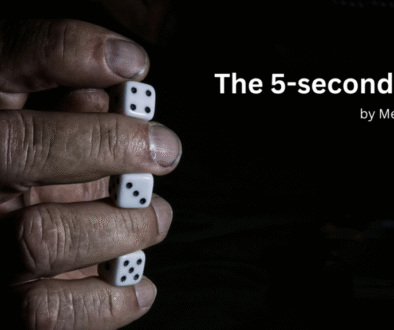What is Emotional Inoculation.
Emotional Inoculation: Building Mental Resilience Through Controlled Exposure
In a world filled with stress, uncertainty, and emotional challenges, how can we train ourselves to handle difficult situations without becoming overwhelmed? The answer may lie in a psychological strategy called emotional inoculation—a concept inspired by the way vaccines work.
What Is Emotional Inoculation?
Much like a vaccine introduces a weakened virus to help the body build immunity, emotional inoculation involves gradual exposure to manageable stressors to strengthen psychological resilience. The idea is to “train” the mind to cope with anxiety, fear, or emotional distress by facing controlled versions of those challenges in a safe environment. Over time, this process helps individuals develop healthier responses to stress, making them less vulnerable to emotional breakdowns.
How Emotional Inoculation Works
The process follows a structured approach:
-
Controlled Exposure – Instead of avoiding anxiety-inducing situations, individuals are gently introduced to them in small doses. For example, someone with a fear of public speaking might start by talking in front of a mirror, then progress to speaking in front of a trusted friend, and eventually address larger groups.
-
Developing Coping Strategies – During this exposure, individuals practice techniques such as deep breathing, cognitive reframing (changing negative thoughts), or mindfulness to manage their emotional responses.
-
Progressive Strengthening – As confidence builds, the level of challenge increases, reinforcing emotional resilience. This step-by-step approach prevents overwhelming distress while steadily building tolerance.
Real-World Applications of Emotional Inoculation
1. Therapy & Mental Health
Cognitive Behavioral Therapy (CBT) and exposure therapy often use emotional inoculation to treat anxiety disorders, phobias, and PTSD. By gradually facing fears in a controlled way, patients learn that their anxieties are manageable.
2. Workplace & Leadership Training
High-pressure jobs—such as those in sales, healthcare, or emergency response—benefit from emotional inoculation. Training programs simulate stressful scenarios (e.g., handling angry customers or making quick decisions) to prepare employees for real-world challenges.
3. Sports & Performance Psychology
Athletes use this technique to overcome performance anxiety. Visualization exercises, simulated competitions, and mental rehearsal help them stay calm under pressure.
4. Military & First Responder Training
Soldiers, firefighters, and police officers undergo rigorous stress inoculation training to remain composed in life-threatening situations. This training helps them make clear decisions even in extreme conditions.
How to Practice Emotional Inoculation in Daily Life
You don’t need a therapist or a high-stakes job to benefit from this technique. Here’s how to apply it:
-
Start Small – Identify a mild stressor (e.g., making an uncomfortable phone call) and gradually work toward bigger challenges.
-
Use Relaxation Techniques – Pair exposure with deep breathing or grounding exercises to stay calm.
-
Reframe Negative Thoughts – Replace “I can’t handle this” with “This is tough, but I’ve practiced and can get through it.”
-
Increase Difficulty Over Time – Once a lower-level stressor feels manageable, move to a slightly harder one.
Final Thoughts
Emotional inoculation isn’t about avoiding stress—it’s about training the mind to handle it effectively. By intentionally facing challenges in a structured way, we build resilience, reduce anxiety, and gain confidence in our ability to navigate life’s difficulties. Whether in therapy, work, or personal growth, this approach offers a powerful way to strengthen mental and emotional well-being.
Have you ever used a similar technique to overcome fear or stress? Share your experiences in the comments!




May 12, 2025 @ 7:36 am
Every line you’ve written feels like a carefully placed step on a path that leads toward greater understanding.
May 12, 2025 @ 8:57 pm
Thank you so much—that means a lot to me. I try to write with intention and depth, so knowing it resonates with you in that way truly encourages me to keep going.
October 19, 2025 @ 9:34 pm
Acceso directo a tus juegos con 1xslots descargar.